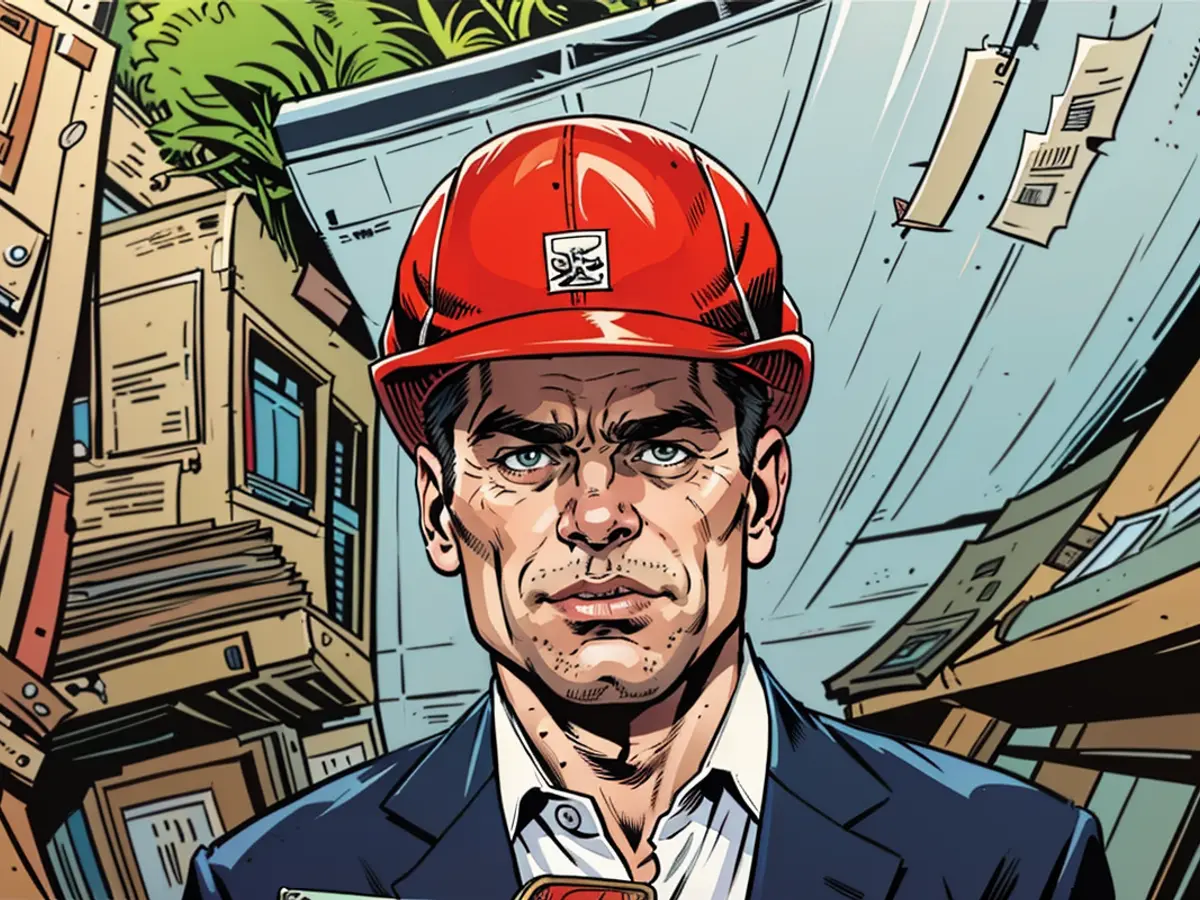Scholz will conclude a Lithium-Deal in Serbia
Germany and the EU aim to secure access to Lithium. The light metal is crucial for E-car production. Therefore, Bundeskanzler Scholz is traveling to Serbia this week to secure Lithium access for Germany and the European Union. Lithium is an essential component of E-car batteries. Scholz will meet with EU Vice-President Maros Sefcovic and Serbian President Aleksandar Vucic on Friday. This was announced by Government Spokesperson Steffen Hebestreit.
Federal Chancellor Olaf Scholz will travel to Serbia this week to secure Lithium access for Germany and the European Union. Lithium is a key component of E-car batteries. Scholz will meet with EU Vice-President Maros Sefcovic and Serbian President Aleksandar Vucic on Friday. According to Government Spokesperson Steffen Hebestreit, they will sign an intention statement on a strategic partnership. Within this framework, raw materials will be sustainably supported, battery value chains will be established, and financing instruments will be developed. Additionally, an agreement ("Letter of Intent") will be signed between the Serbian government and several European and Serbian companies. Among them, according to government circles, are the British-Australian mining company Rio Tinto, the European automobile group Stellantis, Mercedes, and the German development bank KfW.
Hebestreit stated: "The background is a project for sustainable Lithium mining in Serbia. In total, it's about the further development of a European raw material agenda and the diversification of raw material sources." The intention statement includes "the commitment to high environmental and sustainability standards."
The Serbian government only cleared the way for Europe's largest Lithium mine in the Jadar Valley on Tuesday. This happened after years of protests from environmentalists. They had opposed the project because they feared contamination of the groundwater by the arsenic present in the Lithium-bearing ore. The Serbian government revoked the already granted license in 2022 due to the protests.
The European industry has been searching for Lithium suppliers worldwide for years and competes with China, which has taken the lead in the E-car sector. Chinese companies have taken control of Lithium mines and processing in many countries.
Olaf Scholz, the Federal Chancellor of Germany, is set to meet with EU Vice-President Maros Sefcovic and Serbian President Aleksandar Vucic this Friday, aiming to secure Lithium access for Germany and the European Union for electric car production. This strategic partnership will involve sustainably supporting raw materials, establishing battery value chains, and developing financing instruments. European companies such as Stellantis, Mercedes-Benz Group AG, and the German development bank KfW, as well as the British-Australian mining company Rio Tinto, are expected to be part of this agreement. This move comes as the EU seeks to diversify its raw material sources and counter China's dominance in the E-car sector, where Chinese companies have taken control of Lithium mines worldwide.








